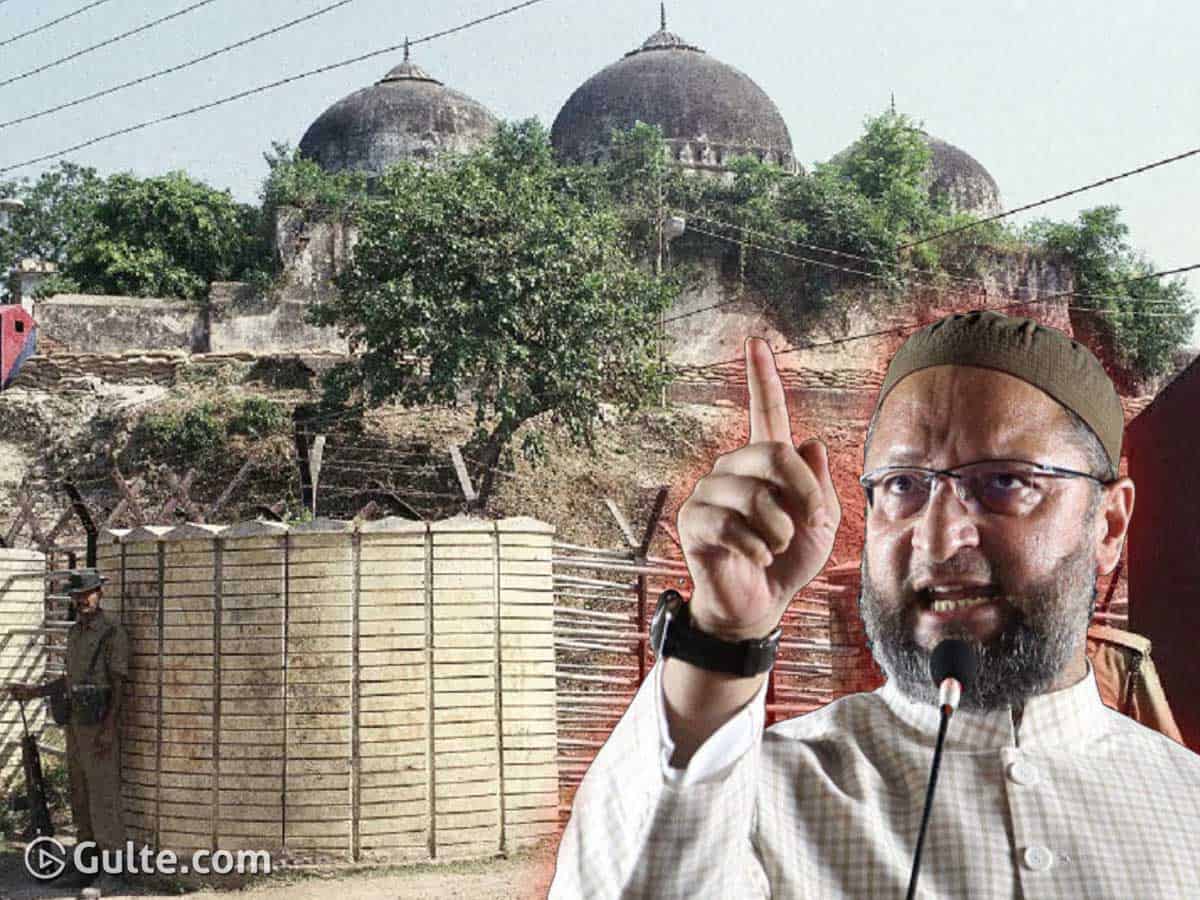
The Shahi Jama Masjid case centers on allegations that the mosque was built after demolishing a temple. Within hours of an application by a government standing counsel, a civil court authorized a survey to verify the claims. Owaisi, referencing this expedited process, drew parallels to the reopening of Babri Masjid's locks decades ago, a move seen by many as a precursor to the mosque's demolition. His comments highlight longstanding tensions over the Places of Worship Act of 1991, which safeguards the status quo of religious sites as of August 15, 1947.
The AIMIM leader criticized the judiciary's perceived complicity, warning of a trend where Hindutva groups leverage legal mechanisms to challenge the historical status of mosques across India. Advocates of the survey argue it is a legitimate legal avenue, while opponents, including Owaisi, view it as a politicized attempt to undermine the country's secular framework.
